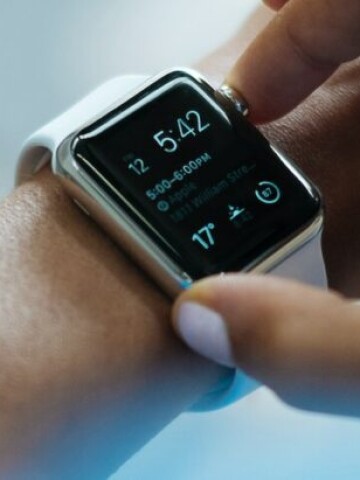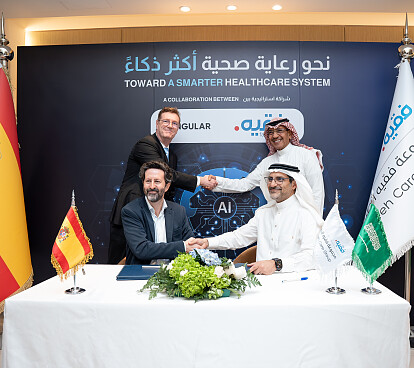
A Doctor in your pocket
September 13, 2023
The journey to having your own primary care doctor powered by artificial intelligence has begun and might lead us to a new health model where medical treatments can be personalized, changing our relationship with our own health.
The internet is a vast reservoir of medical knowledge. Over decades, numerous textbooks, studies, and clinical cases have been published. More recently, we've seen the emergence of "wearable" devices dedicated to gathering all sorts of health-related data. There are also specialized companies providing regular health data measurements.
Given this foundation, it's only natural for a vast ecosystem of apps and various initiatives to emerge, aiming to leverage this knowledge, especially the health data, to enhance individual well-being. They even go a step further by directly intervening in specific health matters. A testament to this is the notable success the Apple Watch has achieved, particularly in cardiovascular health. More and more doctors are endorsing the use of such devices, especially for health problem prevention.
"The Apple Watch continuously monitors for unusually high or low heart rates which could signal a serious underlying condition. This can assist doctors and patients in identifying situations that might require further evaluation".
But this is just the tip of the iceberg. With the dawn of the new era of large language models (LLMs), there's a race to develop apps that assist both doctors and patients in their health management.
The AI Revolution: the new era of LLMs serving health
Applying AI in medicine isn't just about having a simple data repository. It uses pre-trained models based on vast health datasets to make predictions and recommendations. Like a doctor with years of experience, these models, fed with medical information from thousands of patients, learn from each specific case.
Moreover, imagine these already robust models being customized with your genetic information, medical history, and lifestyle data. This allows for more tailored and precise care. AI can recommend specific interventions and lifestyle tips based on your unique traits.
Thus, when discussing Generative Artificial Intelligence and its applications in business, we can extrapolate to the health sector, which isn't without challenges to address.
Because one of the biggest challenges in AI-based personalized medicine is ensuring patient data privacy. Yet, with the right protocols, like Google's proposed Federated Learning model, not only can privacy be maintained, but AI medical care can also be sustainable. This might mean that, in the future, everyone could have access to their own virtual primary care physician.
We're witnessing the rise of apps and devices harnessing AI to monitor chronic diseases, track physical and emotional states, and alert on potential medical conditions. And in the future, AI might aid in early detection of rare diseases from subtle symptoms, suggest diet and exercise plans based on our genetics and microbiome, and even anticipate potential adverse drug reactions based on our medical history.
Conclusion
The promise of AI-personalized medicine might not only enhance the quality of healthcare but also make it accessible to everyone, regardless of their financial situation. Perhaps we're on the verge of free universal healthcare.
But, as with all innovations, the key lies in balancing benefits with risks. Privacy will continue to be a debated topic, but with the right safeguards, the advantages could significantly outweigh the risks.
Finally, it's worth considering how artificial intelligence will bring healthcare to previously inaccessible parts of the world and provide tailored care to each individual. This suggests global health is on the cusp of an unprecedented transformation.
Our latest news
Interested in learning more about how we are constantly adapting to the new digital frontier?

Corporate news
April 22, 2025
Sngular and Fakeeh Care Group join forces to create an AI Center of Excellence in KSA

Insight
April 7, 2025
World Health Day in the AI revolution era

Tech Insight
March 5, 2025
AI Governance: Challenges and Perspectives

Insight
February 18, 2025
The Transformative Power of AI in Health and Pharma
